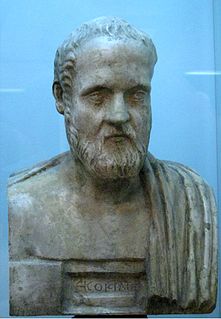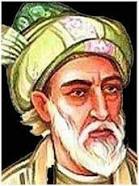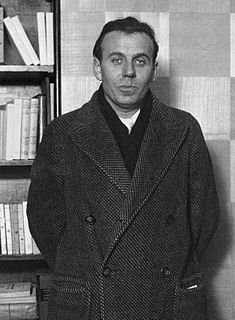A Quote by Laozi
The wise man looks back into the past, and does not grieve over what is far off, nor rejoice over what is near; for he knows that time is without end.
Related Quotes
Infidelity and faith look both through the perspective glass, but at contrary ends. Infidelity looks through the wrong end of the glass; and, therefore, sees those objects near which are afar off, and makes great things little,-diminishing the greatest spiritual blessings, and removing far from us threatened evils. Faith looks at the right end, and brings the blessings that are far off in time close to our eye, and multiplies God's mercies, which, in a distance, lost their greatness.
Why does a man cry? he wondered. Not like a woman; not for that. Not for sentiment. A man cries over the loss of something, something alive. A man can cry over a sick animal that he knows won't make it. The death of a child: a man can cry for that. But not because things are sad. A man, he thought, cries not for the future or the past but for the present.
Every great loss demands that we choose life again. We need to grieve in order to do this. The pain we have not grieved over will always stand between us and life. When we don't grieve, a part of us becomes caught in the past like Lot's wife who, because she looked back, was turned into a pillar of salt.
Whenever I have a birthday, I think back over the past year, how I've spent my time, what I've accomplished, what regrets I have, how I've tried to make the world a better place, and what exactly I've been doing with my life over the past 365 days, and I think to myself: 'Man, I wish I'd gotten laid more'.










































